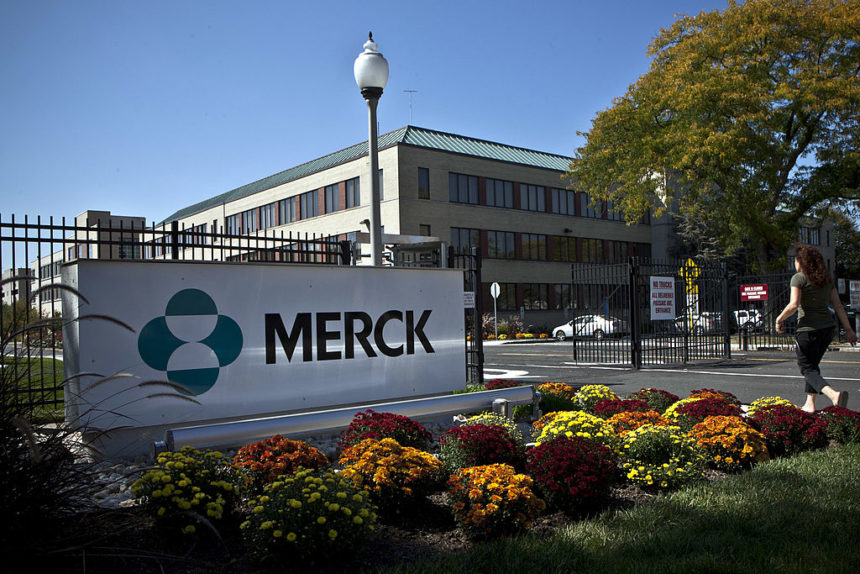Three of pharma’s biggest organizations released earnings reports Thursday morning.
Thanks to the performance of Paxlovid and Comirnaty, Pfizer recorded revenue of $27.7 billion for Q2, representing 53% year-over-year growth. The company projects revenue generated by the two drugs to reach $22 billion and $32 billion, respectively, by the end of the year.
Three other drugs contributed to Pfizer’s growth. They included Eliquis, which saw sales rise 23%; the Prevnar family, which rose 41%; and Vyndaqel/Vyndamax, which was up 16%.
The company reaffirmed its revenue guidance for the rest of 2022 and increased the bottom end of the range for its adjusted earnings per share by $0.05.
During the quarter, Pfizer announced it would sell off its 32% stake in GSK’s consumer health venture, Haleon, and that it would sell medicines and vaccines on a nonprofit basis to 45 low-income nations.
“In multiple meaningful ways, we made significant progress this quarter on our strategies to bring value to our patients and shareholders, while also making commitments to prioritize the broader needs of the world, including those of the environment and our most vulnerable populations,” Pfizer CEO Dr. Albert Bourla said in a statement.
Merck similarly achieved significant growth during the quarter, reporting worldwide sales of $14.6 billion.
Key products in Merck’s portfolio thrived in Q2 – most notably Lagevrio, which saw sales rise 18% year-over-year to $1.2 billion. Additionally, Keytruda sales rose 26%, to $5.3 billion, and Gardasil sales increased 36%, to $1.7 billion.
Looking ahead, Merck raised and narrowed its worldwide sales range to land between $57.5 billion and $58.5 billion.
Merck also noted the Food and Drug Administration’s approval of an expanded indication for Vaxneuvance to include infants and children. Meanwhile, at the end of Q2, Merck unveiled a studio designed to support early-stage biomedical digital science startups.
“I continue to be immensely proud of how the Merck team is performing in all facets of our business – scientifically, commercially and operationally,” Merck CEO Robert Davis, said in a statement. “Our strategy is working and our future is bright. I am very confident that we are well-positioned to achieve our near- and long-term goals, anchored by our commitment to deliver innovative medicines and vaccines to patients and value to all of our stakeholders, including shareholders.”
Sanofi enjoyed a strong quarter due to the ongoing success of Dupixent, which contributed to the specialty care business’ 21.6% growth. The French pharma giant reported that vaccine sales rose 8.1% due to the performance of travel and booster vaccines in addition to its PPH franchise.
The company also benefited from its rare diseases segment growing at 11%, while neurology and immunology sales inched up 1.1%.
A notable development for the drugmaker was the FDA’s decision in June to place a hold on a trial evaluating the potential switch of Cialis to over-the-counter status.
Still, Sanofi projects its business EPS to grow by 15% through the end of the year.
“Our performance in the second quarter was again marked by higher sales across our key growth drivers and outstanding financial results leading us to upgrade our business EPS guidance for the full-year,” Sanofi CEO Paul Hudson said in a statement. “Notably, we saw significant growth momentum from our Specialty Care business, mainly driven by Dupixent.”
Several other healthcare organizations released earnings reports Thursday, including Thermo Fisher Scientific, West Pharmaceuticals and Takeda.








